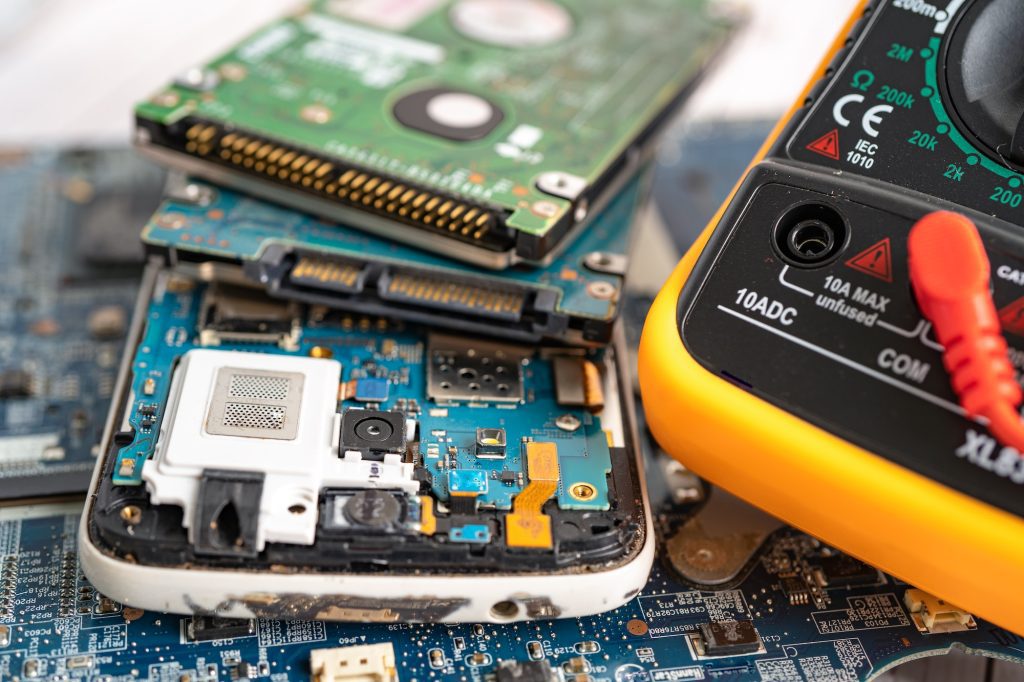Uganda’s National Council urges universities to develop e-waste policies
Dr Mary Okwakol, the Council’s Executive Director, highlighted the importance of sustainable E-waste management during an event commemorating the organization’s two decades of existence.

The National Council for Higher Education urges universities to create e-waste policies as part of environmental protection efforts. Dr Mary Okwakol, the Council’s Executive Director, made this call during an Environment Conservation event marking the Council’s 20th anniversary.
Recognizing the substantial volume of e-waste generated by higher education institutions and acknowledging the complexities surrounding its management, Okwakol highlighted that a concerted effort is needed to enhance awareness and prompt these institutions to proactively develop comprehensive policies and guidelines for effective e-waste management.
Various educational institutions, politicians, and environmental activists participated in the event, focusing on ‘Protecting the Environment in Higher Education Institutions Through Proper E-Waste Management.’
Why does it matter?
Higher education institutions, often equipped with advanced technology infrastructure, contribute substantially to the e-waste stream. By addressing this concern, the National Council acknowledges the potential environmental harm posed by improper e-waste disposal and promotes responsible practices. Nevertheless, a simple call alone might not be compelling enough to stimulate universities to formulate these policies. A formal directive from the government is likely essential to guarantee effective action is being taken.
